Description
Lesson 1 – DNA: Definition, Structure & Discovery
The Nutrigenomics and Nutrigenetics course goes through some of the definitions that are important for understanding – the structure of DNA and RNA, DNA discovery, what is DNA, how does it function, what does DNA do, the double helix, decrypting the code of life, how do genes direct the production of proteins, the process of translation, can genes be turned on and off,
Lesson 2 – The Epigenome and Epigenetics
What is the Epigenome, the Epigenome learns from experiences, cells listen to signals, proteins carry signals to DNA, how do cells divide, how do genes control the growth and division of cells, indicating the location of a gene, gene family, single nucleotide polymorphisms, advances in DNA sequencing, inheritance of genetic conditions, gene mutations.
Lesson 3 – NutriGenomics and NutriGenetics: the Omics-Revolution in Nutritional Science
The Omnics revolution in nutritional science, Nutrigenomics: measuring nutrition responsive genome activity, Transcriptomics: mRNA-profiling, transcriptomes and what they tell us, Proteomics: protein profiling, Metabolomics: metabolite profiling, Nutritional Genomics, Identification of genetic polymorphisms affecting dietary requirements, Nutrigenomics: the genes can tell what to eat, Nutrients modulating genome expression, Effect of carbohydrate on gene expression, Regulation of gene expression by dietary fat, Effect of protein on gene expression, Influence of amino acids on gene expression, Effect of minerals on gene expression, Effect of vitamins on gene expression.
Lesson 4 – What are Single Nucleotide Polymorphisms
Use of SNP’s, making SNPs make sense, finding SNPs in the Human Genome, SNPs and disease-causing mutations, understanding SNPs and INDELs in microbial genomes, structural variation.
Lesson 5 – The Methylation Cycle
Why is the Methylation Cycle Important?, the biochemistry of methylation (MTHFR), the key enzymes, stressing the methylation cycle, methylation problems and disease, it all starts in the gut, symptoms of overmethylation, methylation supplements, medicines that make MTHFR worse, Methionine Cycle, TransSulphuration Cycle, Folate – Methionine Cycle.
Lesson 6 – Preventing Chronic Disease Based on Genotype
Genetics of cardiovascular disease, candidate genes for lipid metabolism, diabetes, obesity.
Lesson 7 – Weight Management
Environmental factors vs genetic factors in explaining obesity, The role of gene–nutrient interactions in the context of weight management, functional foods, Nutrigenetics and Weight Management, Genes Related to Adipose Tissue or Lipid Turnover, Genes Related to Regulation of Appetite or Energy Balance, Genes Related to Lipid Metabolism, Other Candidate Genes of Obesity, Application of Nutrigenomics to Weight Management, Nutritional Supplements, Nutritional Studies Concerning Gene-Dependent Effects on Obesity-Related
Manifestations, Expression Profiling of Human Adipose Tissue during Diet-Induced Weight Loss, Identifying regulatory hubs in obesity with nutrigenomics.
Lesson 8 – Nutrigenomics and Oxidative Stress
Nutrigenetics and Modulation of Oxidative Stress, Dietary Antioxidants, Endogenous Antioxidants and Measures of Oxidative Stress, Superoxide Dismutase, Glutathione Peroxidase, Paraoxanase, Glutathione S-Transferases.
Lesson 9 – Heart Disease and SNPs
What SNPs are at Fault? The omega-6 / omega-3 Fatty Acid Ratio, Genetic Variation and CVD
Lesson 10 – Practical Aspects of Genetic Testing
Putting it All Together, Testing Labs, how to begin, what data I get, inherited conditions, viewing the raw data.
FINAL EXAMS
The final exam is taken online and is timed (70 minutes) – there are 50 multiple-choice and true/false questions. A pass mark of 60% is required with 80% being awarded a Distinction.
COURSE MATERIAL
All the course material, assignments and final exams are online, so there are no additional books required for this course. However, there are many online books and articles available in .pdf format that you can download onto your computer so that you may read these at leisure.











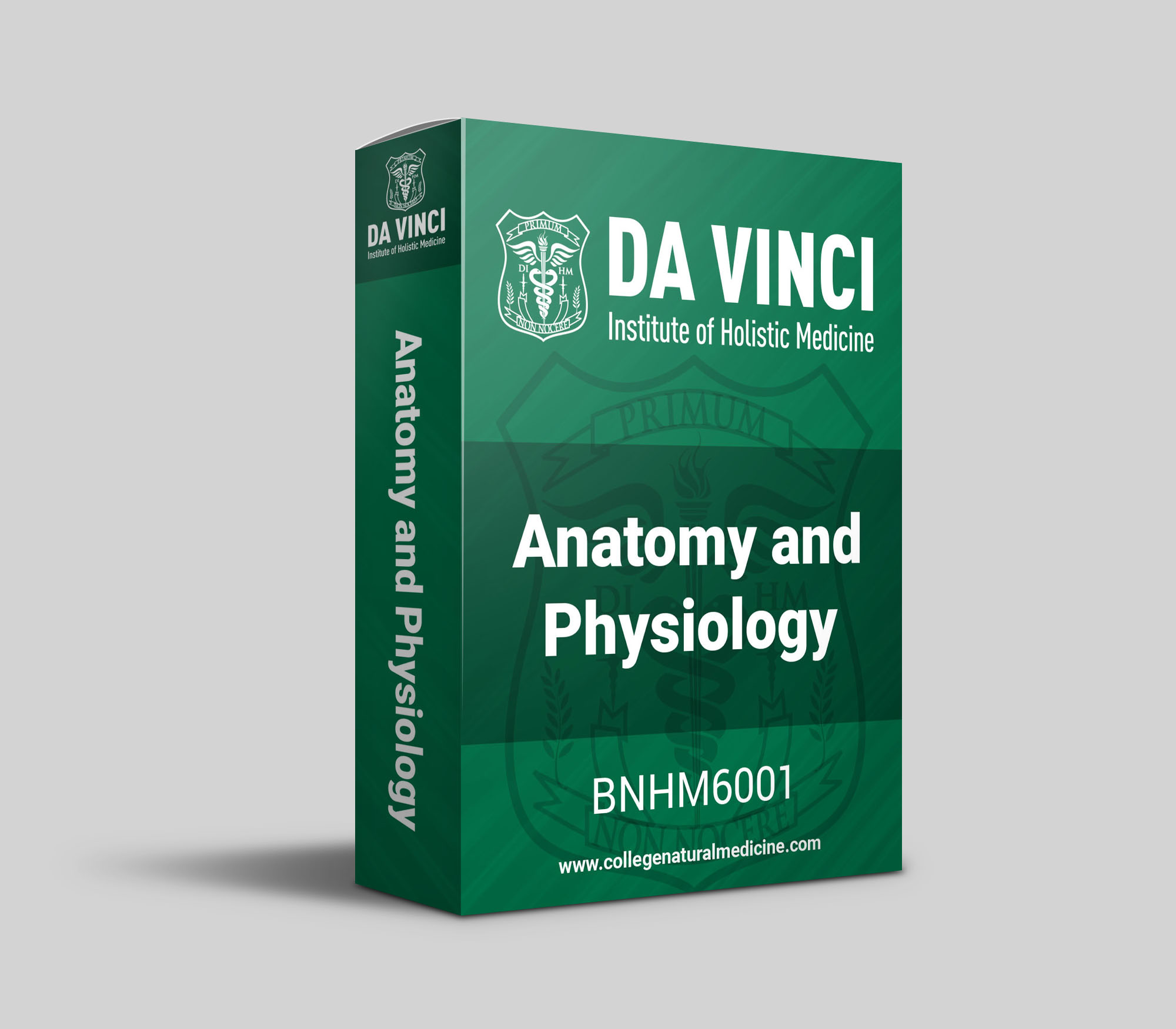


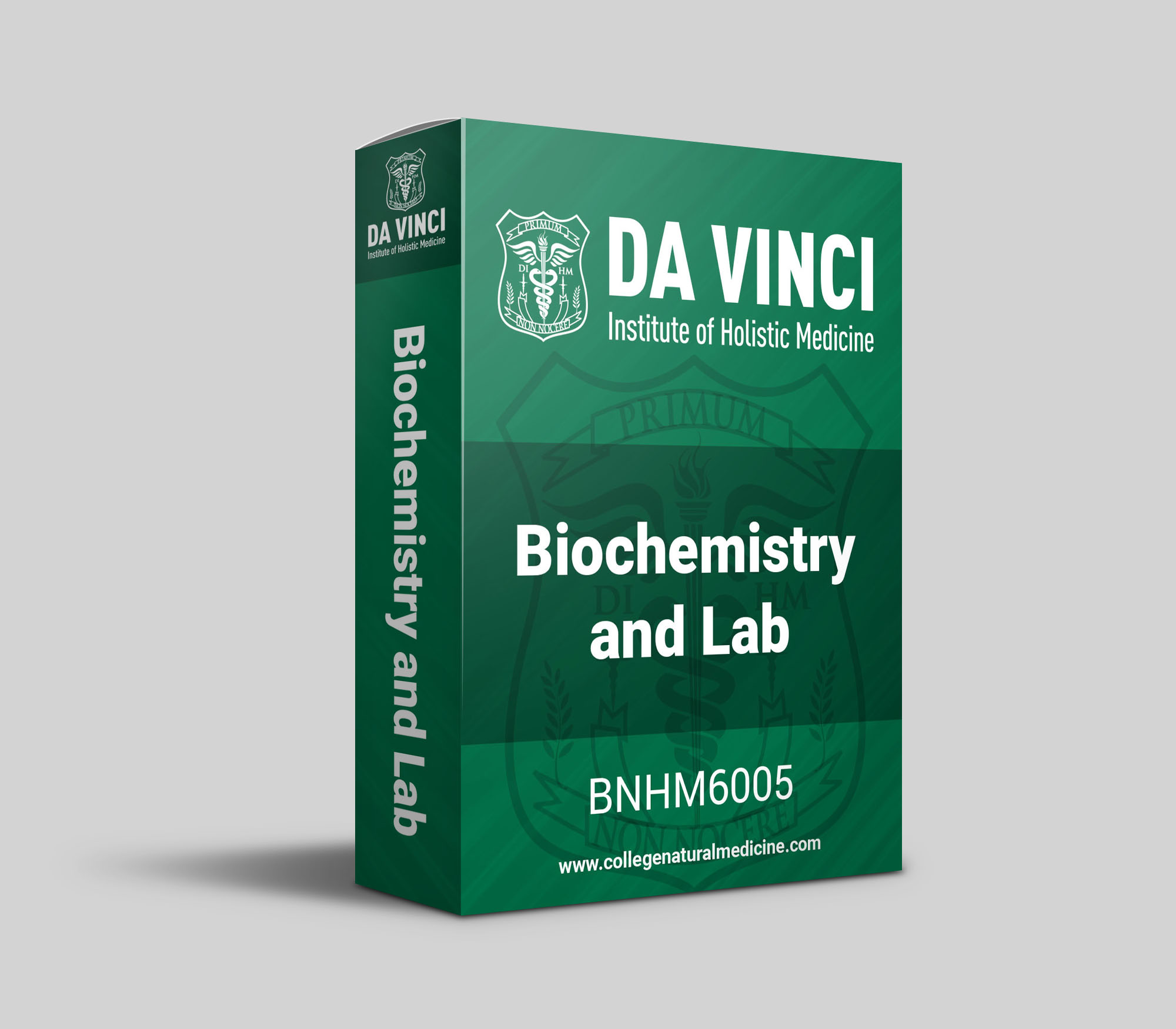












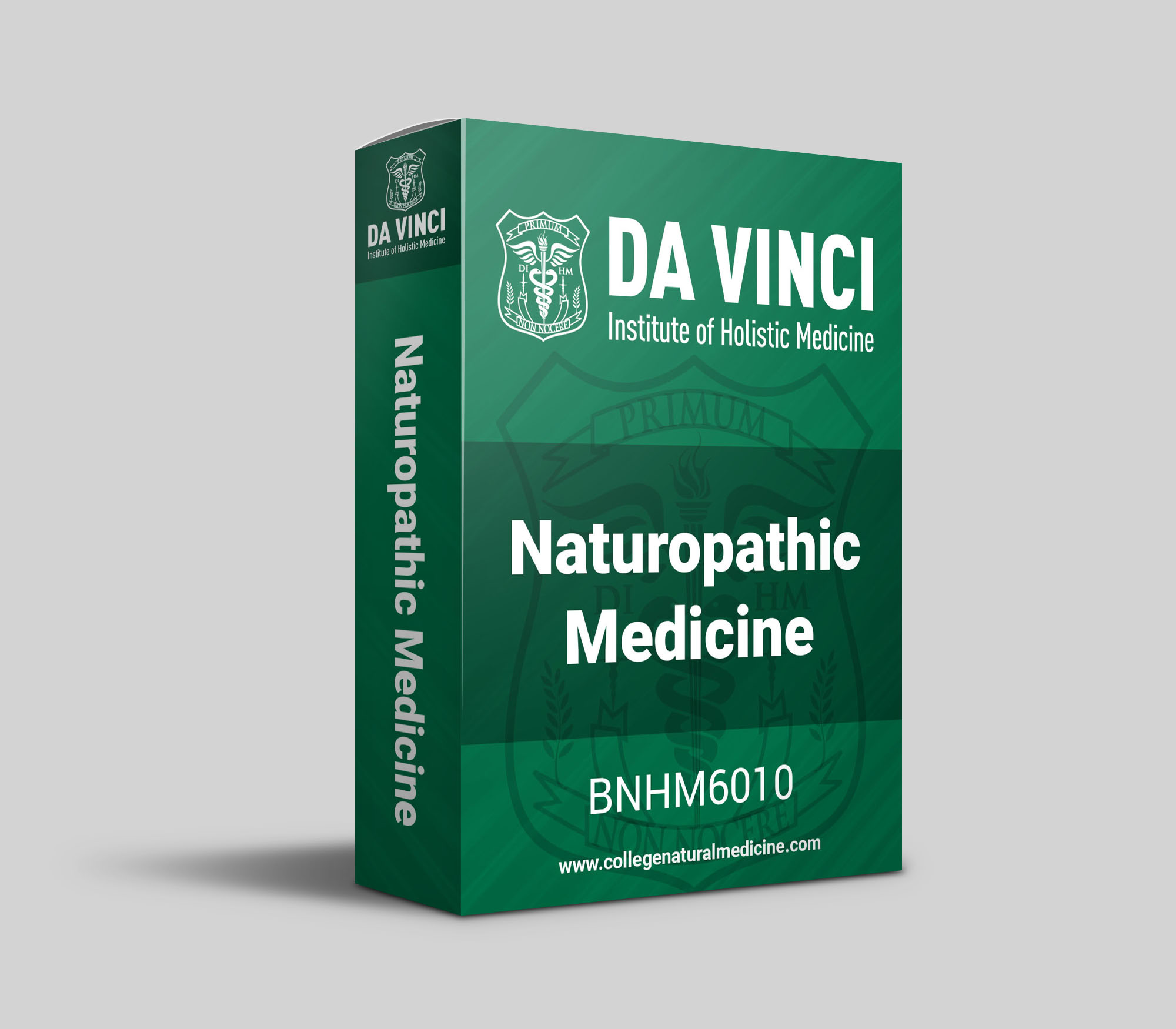



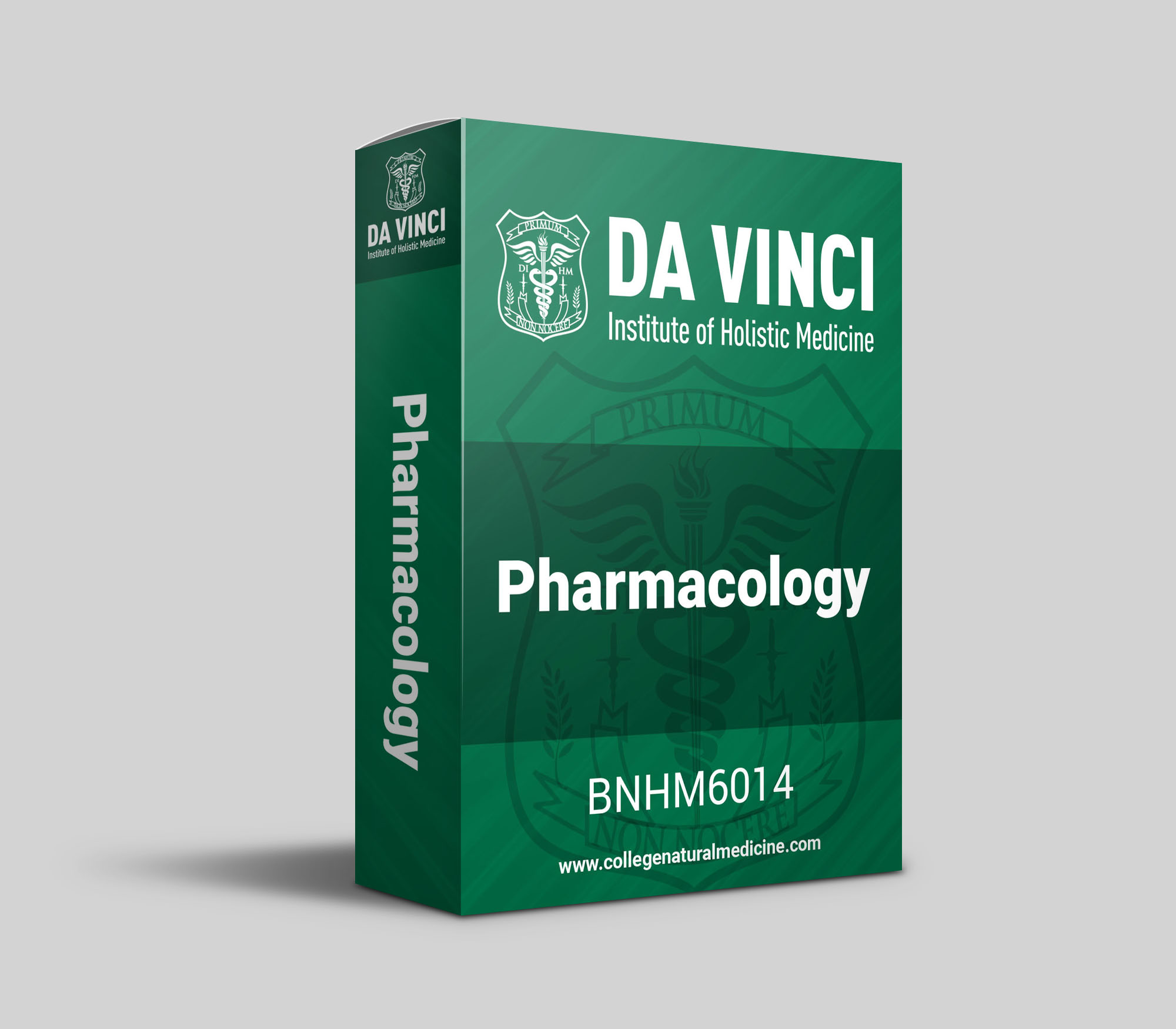



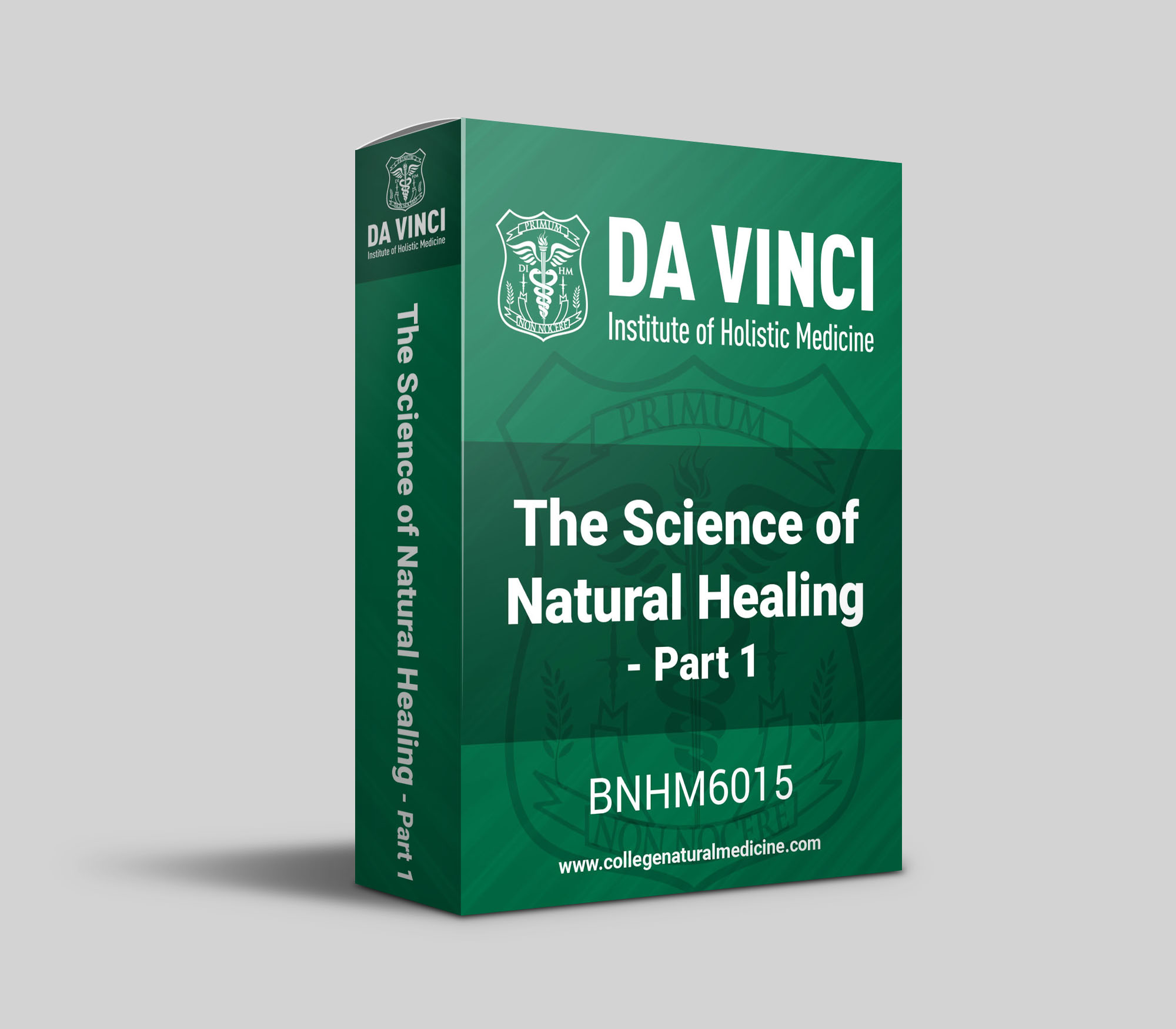

































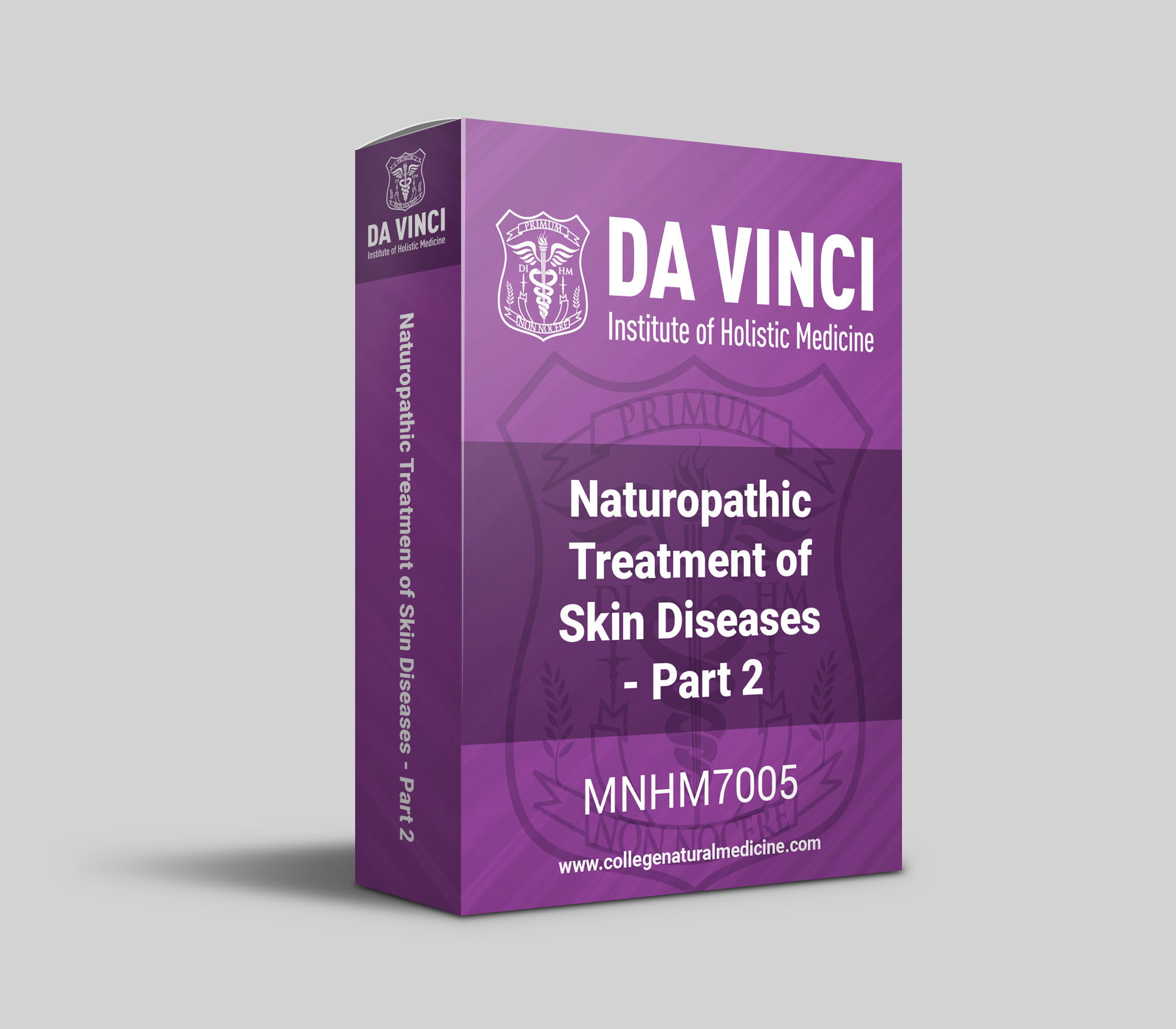
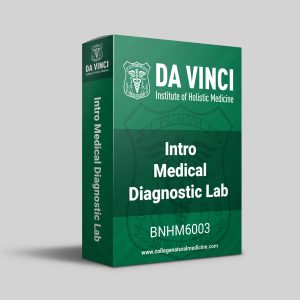


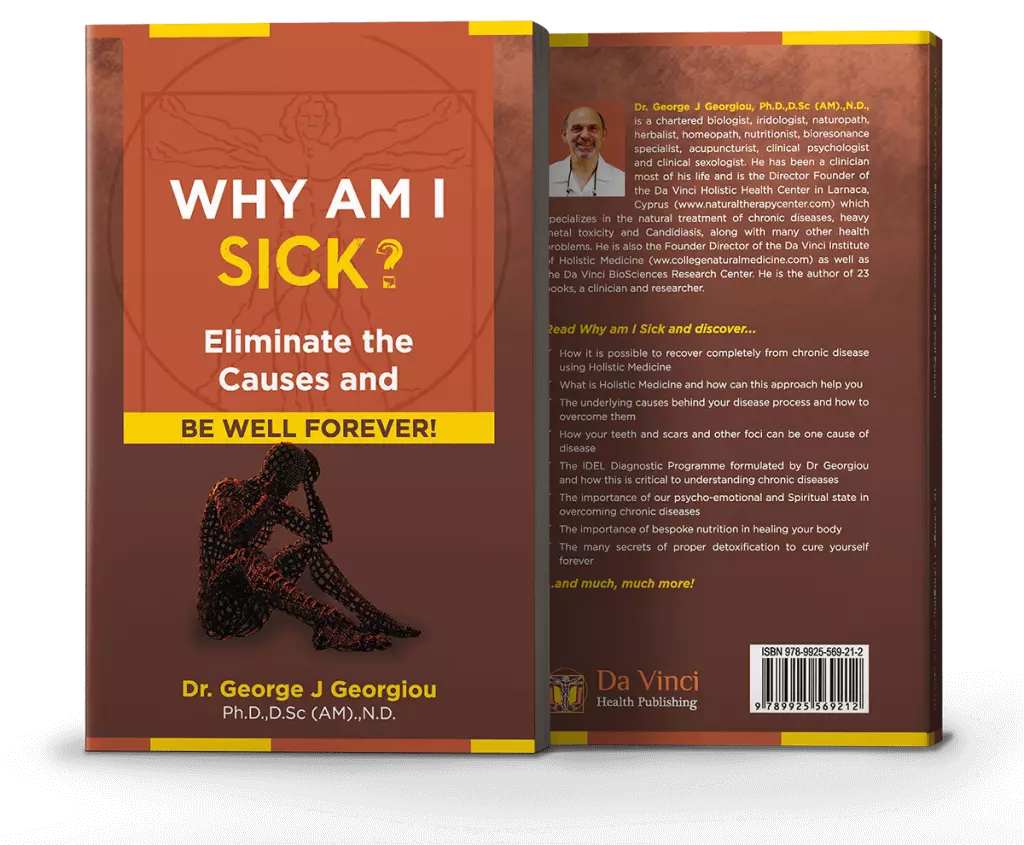
Dr. Ramiz Khalaf (verified owner) –
I learned a lot from this course that, I did not pass through in my conventional medical studoes over the years.